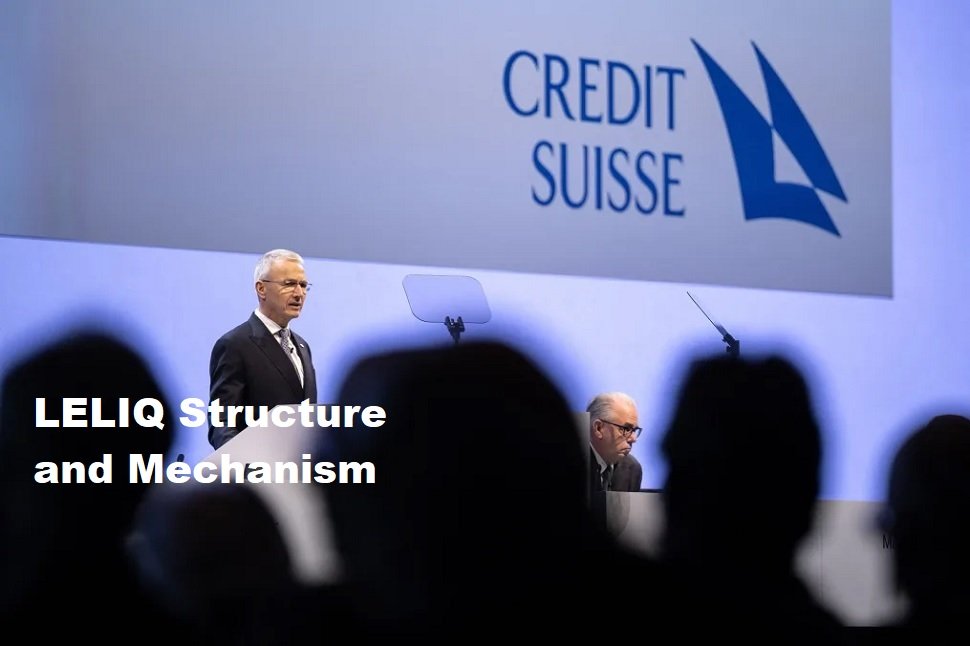On Saturday, May 10, 2025, Pakistan’s President Asif Ali Zardari publicly declared that his country had no choice but to launch attacks against India in order to defend Pakistan’s sovereignty and protect its citizens. This statement marks a significant escalation in the already tense relations between the two neighboring countries, which have a long history of conflict and rivalry, particularly over the disputed region of Kashmir. The president’s remarks reflect the deep-rooted security concerns in Pakistan amid recent military and political developments in the region.
To understand the gravity of President Zardari’s statement, it is important to consider the broader context of India-Pakistan relations leading up to this moment. In the weeks prior, tensions had sharply increased following a series of military operations and cross-border skirmishes. India had recently conducted precision strikes against militant camps located in Pakistan-administered Kashmir, which it claimed were responsible for attacks on Indian soil. In response, Pakistan’s military and political leadership viewed these actions as violations of its territorial integrity and sovereignty, prompting a hardening of their stance.
President Zardari’s declaration that Pakistan “had no choice” but to retaliate militarily underscores the perception within Pakistan’s leadership that diplomatic avenues had been exhausted or were ineffective in addressing their security concerns. By framing the attacks as necessary to “defend sovereignty” and “protect citizens,” the statement appeals to nationalistic sentiments and the fundamental responsibility of a government to safeguard its people. It also signals a readiness to escalate the conflict if deemed necessary, which raises the stakes for regional stability.
Such a public pronouncement from the head of state carries significant implications. Firstly, it serves as a message to both domestic and international audiences that Pakistan is prepared to take decisive action in defense of its interests. Domestically, this can rally public support and unify various political factions around a common cause. Internationally, it acts as a warning to other countries and organizations that Pakistan views the situation as critical and may not tolerate further provocations.
However, this stance also risks exacerbating an already volatile situation. Military confrontations between India and Pakistan have historically led to widespread disruption, loss of life, and economic consequences for both nations. The potential for escalation into a broader conflict is a serious concern for regional and global security. Neighboring countries and international powers are likely to respond with calls for restraint, dialogue, and peaceful resolution to prevent further deterioration.
President Zardari’s statement may also be interpreted as a reflection of internal pressures within Pakistan. Political leaders often face demands from the military establishment, opposition parties, and the public to take a firm stand against perceived external threats. In this light, the declaration can be seen as an attempt to assert leadership and demonstrate resolve in a challenging security environment.
From India’s perspective, such a declaration is likely to be met with condemnation and a reaffirmation of its own security policies. India has consistently maintained that its military actions are defensive and aimed at combating terrorism. The Indian government may view Pakistan’s statement as justification for heightened vigilance and preparedness along the border, as well as increased diplomatic efforts to isolate Pakistan internationally.
The international community, including organizations such as the United Nations and influential countries, will be closely monitoring the situation. They are expected to urge both India and Pakistan to exercise restraint, engage in dialogue, and avoid actions that could lead to a full-scale conflict. The risk of nuclear escalation, given that both countries possess nuclear weapons, adds an additional layer of urgency to diplomatic efforts.
In conclusion, President Asif Ali Zardari’s announcement on May 10, 2025, that Pakistan has no choice but to attack India to defend its sovereignty and protect its citizens represents a critical juncture in the fraught relationship between the two nations. It highlights the deep-seated tensions and the challenges of achieving lasting peace in the region. While the statement underscores Pakistan’s determination to assert its national interests, it also raises concerns about the potential for further escalation and the need for renewed diplomatic engagement. The coming days and weeks will be crucial in determining whether cooler heads prevail or if the conflict intensifies, with significant consequences for South Asia and beyond.









